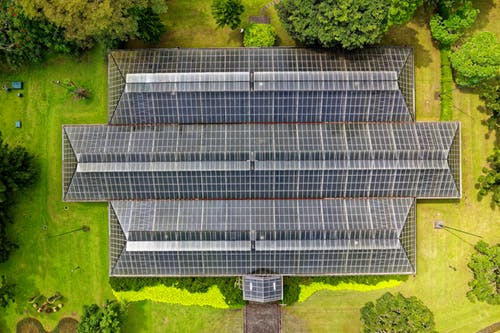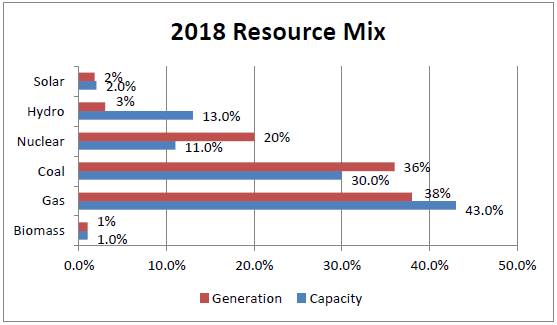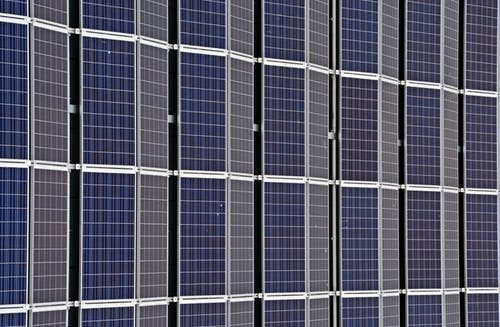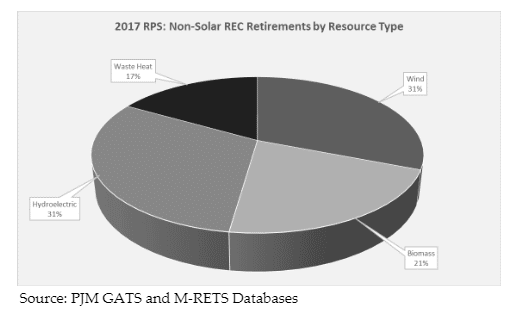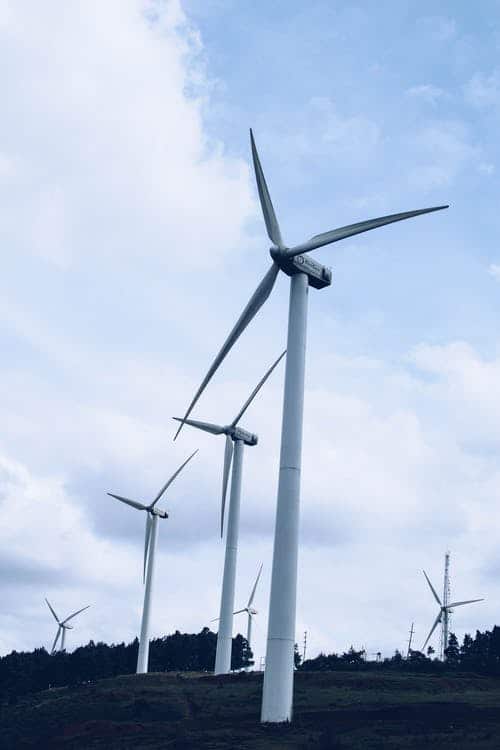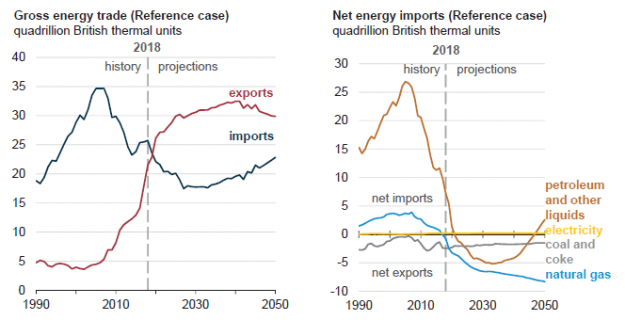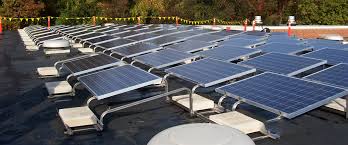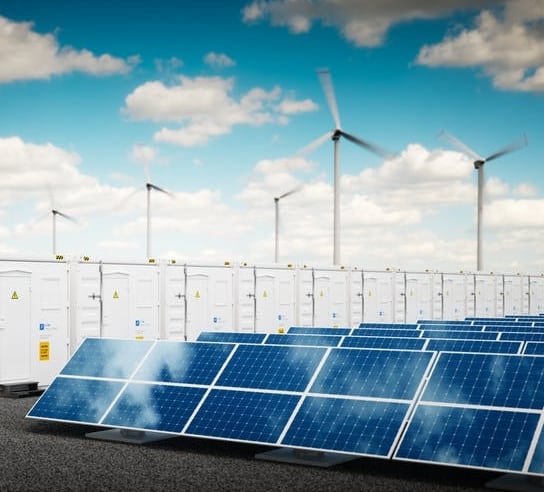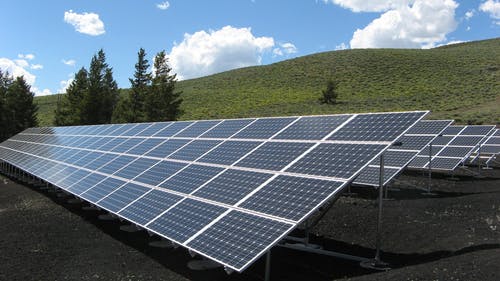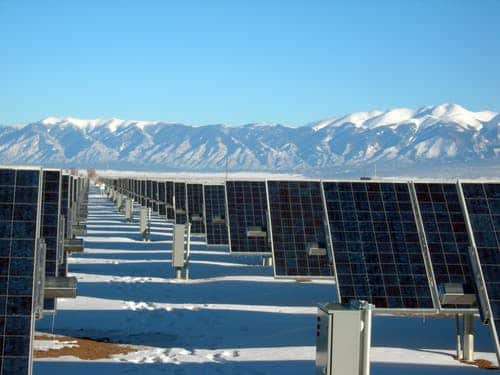Consumers Energy Asks Michigan Regulator to Set New Avoided Costs Consistent With Long-Term Resource Plan
Consumers Energy Company, in a Feb. 12 filing with the Michigan Public Service Commission, said that its avoided cost, which must be paid to small independent power producers under the federal Public Utilities Regulatory Policies Act, should be rescinded as it was based on out-of-date information. The company asked the agency to approve new rates…...
